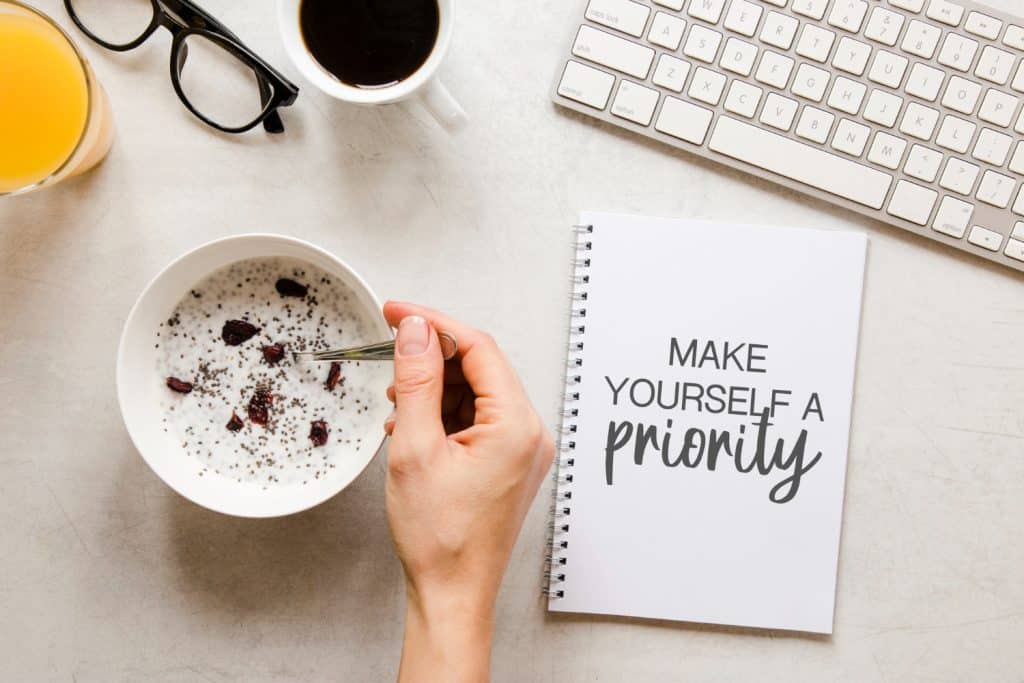10 Daily Habits That Boost Mental Health and Reduce Anxiety

The Power of Daily Habits on Mental Health
In a fast-paced world filled with unpredictability, daily routines offer a powerful way to regain control. Creating a structured schedule doesn’t just increase productivity—it also plays a key role in supporting mental health and reducing anxiety. With consistent habits, your brain learns what to expect, minimizing decision fatigue and helping you stay grounded during stress.
1. Create a Consistent Sleep Schedule
Why Sleep Routine Matters
Sleep is the foundation of mental wellness. Going to bed and waking up at the same time daily regulates your body’s internal clock, which stabilizes stress hormones like cortisol. Quality sleep improves memory, emotional regulation, and energy levels.
Tips for Building Healthy Sleep Habits
- Set a consistent bedtime—even on weekends.
- Limit blue light exposure at least one hour before sleep.
- Create a calming bedtime ritual like journaling or light stretching.
- Keep your room dark, cool, and quiet for optimal rest.
2. Start Your Morning With Intention
Morning Routines Reduce Anxiety
Starting your day with intentional habits builds a mental buffer against stress. When your morning is predictable, you gain control over how your day begins—promoting calm and clarity before distractions hit.
Simple Morning Rituals to Try
- Drink a glass of water first thing.
- Take five deep breaths or meditate for two minutes.
- Write down one goal or gratitude note.
- Stretch or go for a brief walk in natural light.
3. Practice Daily Mindfulness

Interrupt the Anxiety Cycle
Mindfulness trains your brain to pause and observe instead of reacting. Just a few moments of intentional awareness can reduce racing thoughts, lower your heart rate, and promote emotional balance.
Easy Ways to Add Mindfulness
- Take mindful breaths before starting a new task.
- Pause and notice sensations while drinking tea or washing your hands.
- Set a phone reminder to check in with your breath or body once a day.
4. Move Your Body Regularly
Exercise as a Mood Regulator
Physical movement triggers endorphins—natural mood boosters. Regular exercise reduces stress hormones and improves self-esteem, making it one of the most effective natural remedies for anxiety and depression.
Ideas for Sustainable Movement
- Take a 20-minute walk during lunch.
- Try a 10-minute yoga or stretch session in the morning.
- Dance to your favorite song.
- Join a virtual or local fitness class.
5. Eat at Regular Intervals

Balanced Nutrition = Balanced Mood
Irregular eating can cause blood sugar crashes, making you feel anxious or irritable. By eating consistent, nutrient-rich meals, you support your brain’s emotional regulation systems.
Healthy Eating Habits for Mental Health
- Eat at the same times daily to support your circadian rhythm.
- Include protein, healthy fats, and complex carbs in each meal.
- Stay hydrated with water and limit caffeine later in the day.
6. Schedule Worry Time
Contain and Manage Anxiety
If your thoughts constantly spiral, set aside 15–30 minutes daily to “worry on purpose.” This tactic gives your brain permission to relax outside that time, helping prevent obsessive overthinking throughout the day.
How to Practice Scheduled Worry
7. Develop a Calming Evening Routine

Wind Down to Prepare for Rest
Evening rituals tell your nervous system it’s safe to relax. Without a wind-down period, anxiety can sneak in as your mind replays the day or worries about tomorrow.
Evening Routine Ideas
- Shower with warm water and dim lights.
- Journal or list 3 things you accomplished today.
- Stretch, do deep breathing, or use calming music.
- Turn off screens 60 minutes before bedtime.
8. Build Social Connections Into Your Week
Consistent Connection Improves Mood
Talking to a friend—even briefly—can lower cortisol and increase oxytocin, the bonding hormone. Social interaction acts as a protective buffer against loneliness and anxiety.
Ways to Add Connection to Your Routine
- Set a weekly phone call or coffee date.
- Join a local club, group, or class.
- Have meals with family or friends at least once a week.
- Send voice messages or thoughtful texts regularly.
9. Limit Digital Consumption
Prevent Anxiety From Information Overload
Constant digital input can increase overwhelm and stress. By setting structured tech boundaries, you give your brain the space it needs to rest and focus.
Set Digital Boundaries
- Have device-free times (e.g., during meals or before bed).
- Use Do Not Disturb mode during focused tasks.
- Charge phones outside your bedroom.
- Take a full digital detox one day a week, if possible.
10. Reflect and Practice Gratitude Daily
Rewire Your Thoughts for Positivity
End your day by reflecting and practicing gratitude. This technique helps interrupt negative thought loops and trains your brain to focus on what went well.
Gratitude Practice Ideas
- List three things you’re thankful for each night.
- Reflect on one challenge you overcame that day.
- Keep a journal or voice log of positive experiences.
Conclusion: Customize Your Routine for Sustainable Mental Wellness
Daily routines provide structure and emotional balance, but there’s no one-size-fits-all approach. Start small—pick one habit from the list—and slowly build a routine that feels nourishing and realistic. Over time, consistent habits can reshape your mental landscape, reduce anxiety, and empower you with a greater sense of well-being and control.





